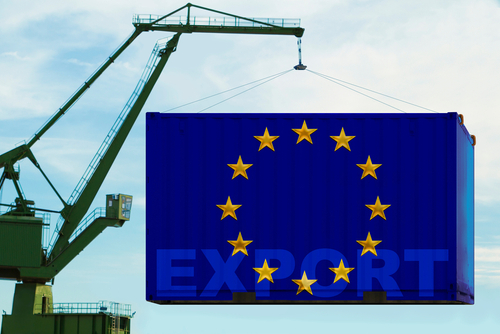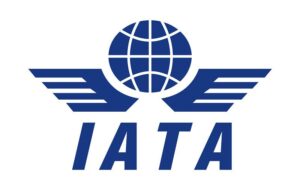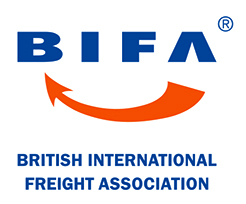If you are a business owner looking to start exporting or importing goods from outside the UK or EU tax laws and customs regulations can be extremely overwhelming and hard to comprehend.
In order to make it easier to trade in the EU the EU Customs Union was established in 1968, meaning that EU countries work together as if they were one, applying the same tariffs to goods imported. It is an essential union in order to encourage the proper functioning of the single market.
According to the European Commission, the EU is one of the largest trading blocs in the world, alongside the US and China. In 2020, the value of EU trade with other countries amounted to EUR 3.7 trillion.
What are Customs responsible for?
There are a number of responsibilities covered by Customs authorities which relate to goods imported into the EU. They are not only responsible for collection of duties and VAT on goods imported and excise duties but they are also required to check these goods to ensure they meet compliance standards, food and environmental standards and so much more.
How does customs help you?
The customs authorities act as the front line against crime on the borders, protecting countries against organised crime, fraud and terrorism. Therefore customs control at the EU borders help to protect consumers from goods or products which could be dangerous to them or their health.
The authorities also work with policy and immigration to fight against organised crime and terrorism, combating human trafficking, drugs, weapons and counterfeit goods. Not only do these services protect consumers but also businesses who are being supplied with goods which are moving through the EU.
Why do we have to pay customs duties?
The payment of duty is actually a source of income for the EU and all its Member States. There are however no customs duties to be paid when goods are being transported from one EU country to another. 14% of the EU budget comes from customs duty from goods imported.
What are the key things to remember when importing or exporting to the EU?
There are several aspects of the customs process to remember when importing or exporting to the EU, including:
- Customs declaration
- Economic Operators Registration and Identification Number (EORI Number)
- Temporary Storage
- Pre Arrival/ Departure Declarations
- SIngle Authorisation
- Centralised Clearance
Detailed information on all of the above requirements and processes can be found on the European Commission website here: https://ec.europa.eu/taxation_customs/business/customs-procedures-import-and-export/customs-procedures_en
Exporting to the United Kingdom and Europe and trying to understand their tax laws can feel quite confusing if you have never done it before, but hereat Regional Express we can help to get you through this simple process, step by step, to ensure your product ends up on the Amazon UK and / or on other European countries quickly and without any problems.
To find out more about how we can help you sell your product in the UK or Europe, head here: https://www.regionalexpress.co.uk/registration/





